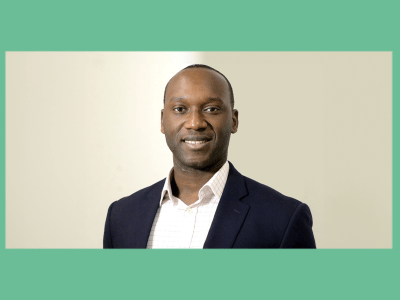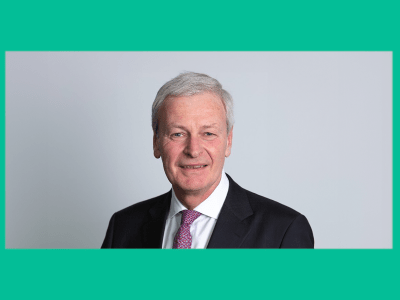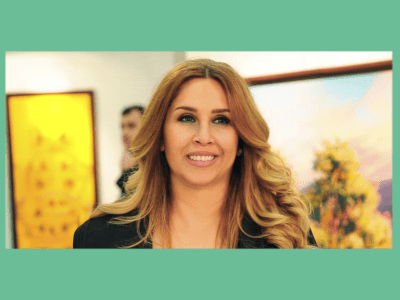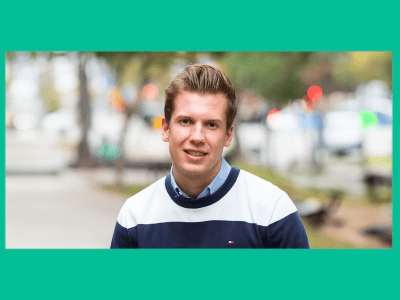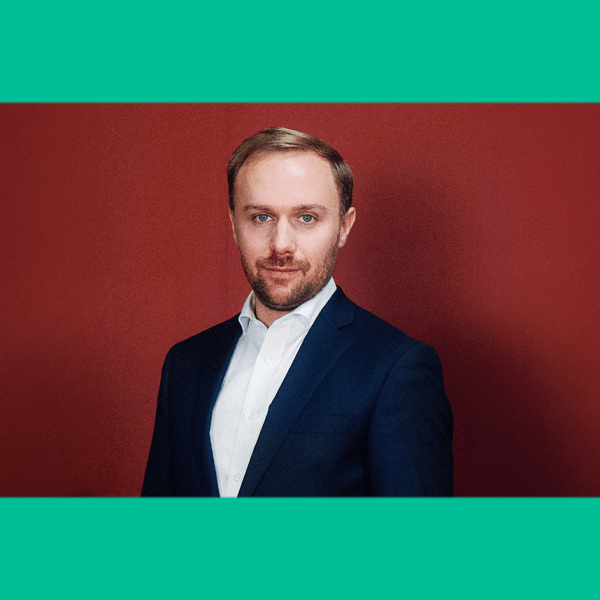“You cannot run a multinational company if you have not been multiculturally exposed” – Peter Brabeck-Letmathe, Chairman and CEO of Nestle
The chairman emeritus and former chairman and CEO of Nestle, Peter Brabeck-Letmathe, has an astonishing record of success with branding, marketing and expanding into previously unexplored markets. As part of the Learning From Leaders lecture series at EU Business School with Peter Vanham, author of “Before I Was CEO,” Mr. Brabeck-Letmathe shared his experience and insight on the importance of multicultural tolerance in the workplace, how being prepared can save money in the long run and spoke of the knowledge business leaders need to indefinitely maintain a brand while accommodating rapidly changing social pressures.
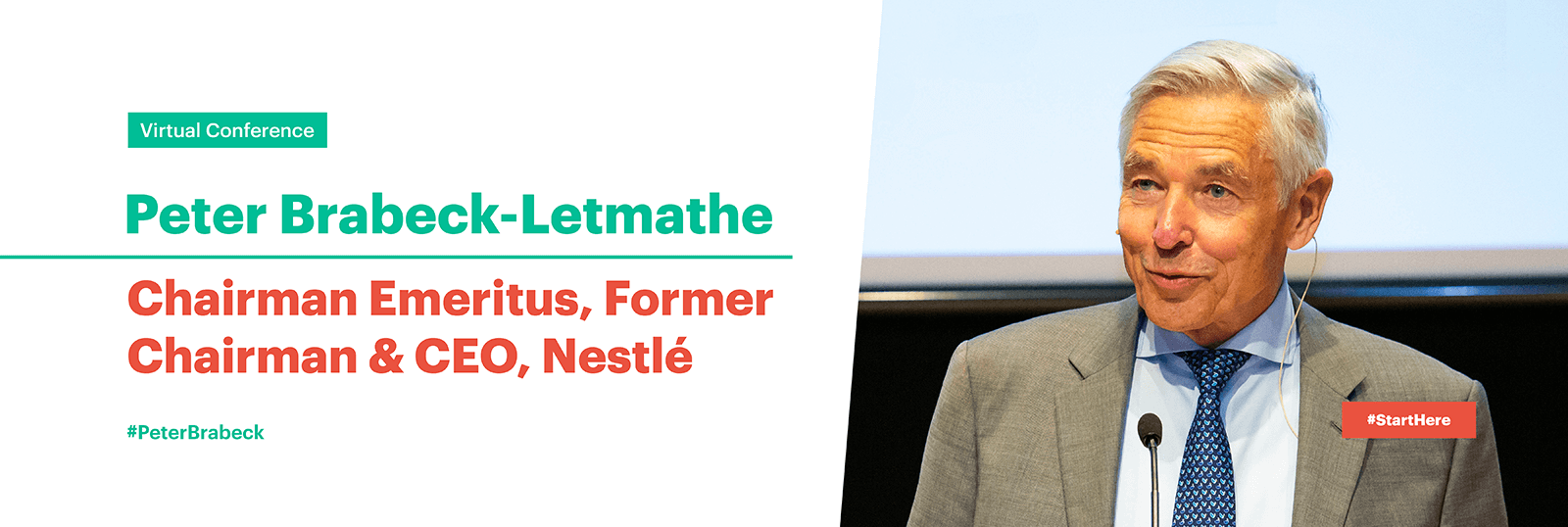

Reconstruction: An Experienced Eye Towards the Future
Peter Brabeck-Letmathe was born in Villach, Austria, towards the end of the Second World War, and lived through a period of reconstruction. This gave him valuable insight into what a post-pandemic world may look like.
Brabeck-Letmathe was clear that the economic impact of the pandemic will be mitigated long before other human factors. He feels that individual liberties have come too far under governmental control, allowing fear and anger to negatively influence society as a whole. However, he also states that governments have an obligation in the future to treat similar events with more gravity and to be better prepared.
As one of the first people in Switzerland to contract COVID-19, Brabeck-Letmathe certainly has every right to comment on how the lack of preparation exacerbated the pandemic, calling it the “biggest ever manmade disaster” based on what he considers an inadequate response from national leaders. He pointed out that taking the appropriate preventative measures right away would have been far cheaper in the long run, adding that the estimated cost to the United States alone was in the area of 18 trillion dollars. He then cited Israel as an example of a state that did an exemplary job with their COVID-19 response.
When asked what his upbringing during a postwar reconstruction period has taught him, Brabeck Letmathe stressed again that the economy will recover first, followed by society at large. The individual, however, will have the longest path towards re-establishing stability.
From The Ice-Cream Truck to the Boardroom: One CEO’s Rise to the Top
Brabeck-Letmathe didn’t jump straight from university to an executive position. One of his first jobs was driving an ice-cream truck! He strongly believes these humble beginnings gave him an excellent foundation in one very important skill: getting to know the human side of business.
“Starting on the bottom of the pyramid is a good exercise because it is something that gives you a better sense of what business is really all about.” While Brabeck-Letmathe knows students would rather jump into a plum position right away, he recommends against it, saying that moving straight into an executive role is inadvisable because “what you are learning there is what you already have been doing at university. It’s intellectual work, it is analyzing…but this is not business! Business has not only a rational part; business has a huge… emotional part.” The market is as sensitive to the emotional timbre of its consumers as it is to the mechanics of operation and finances. He then cited a Chinese proverb that states, “A man without a smiling face must not open a shop” as a further example.
Think Locally AND Globally: International Market Success
As a young executive, Brabeck-Letmathe was very motivated to go abroad to get to know other markets, people, and customs for much the same reason he recommends aspiring CEOs start at the bottom: to get to know the human side of an industry. However, he also identifies a correlation between this knowledge and the success of a company overseas, saying “You cannot run a multinational company if you have not been multiculturally exposed… the business will be global, but people will always be local.” Brabeck-Letmathe explained that consumers typically shop with a local perspective in mind rather than a global one. Therefore it is wise to consider a holistic view where both the emotional and functional relationship of the brand to consumers must be considered.
In response to a student question about the most important skills and values an aspiring business mogul should have to succeed, Brabeck-Letmathe answered “tolerance,” adding that to him this means that one must be “willing and able to look over the frontier of your own society… and treat [others] with the same respect as you treat your own.”
The marketing philosophy that Brabeck-Letmathe relies on is a simple one: “Whenever, wherever, however.” This means that getting your product into the hands of the consumer by any means necessary. He pointed out that even if a consumer recognized and approves of your brand, they are unlikely to make a special trip looking for it if an equivalent product is more accessible. The goal therefore is to ensure your brand is always in that most easily accessed position.
When asked how private labeling affected this philosophy, Brabeck-Letmathe explained that combined labeling, e.g., a combination of a national brand together with a distributor brand, can provide excellent opportunities in the market. Although your brand may appear on the packaging, this type of labeling can allow for a product to reach more consumer and expand brand loyalty that way.
However, Brabeck-Letmathe stresses that not every product can be marketed like this. Nespresso, Nestle’s luxury capsule coffee line, is the example he gives. “Luxury brands are characterized by their limited availability… for me, it was absolutely critical for the success of Nespresso not to have it available everywhere, not to be in supermarkets…because it is a luxury good.”
Brabeck -Letmathe then explained that using a production chain to saturate the market with a product causes a loss of control over quality and price, for example. He gave the example of buying a Cartier watch: whether it’s purchased in France or China, the price will be the same. That’s why every Nespresso capsule is manufactured in Switzerland with Nestle having full control over distribution, price and quality. Vanham then further clarified this point by saying that price does not determine whether or not a/good is a luxury; it’s the brand and how it’s offered on the market.
lnternal Growth and Reinvention: How Brands Stay Relevant
“Brands can live forever,” Brabeck-Letmathe stated. Nestle, a company with over 150 years of history, is an excellent illustration of this. Brabeck-Letmathe identified two factors that he believes are crucial to sustaining a brand over time. ·
First, he stresses the importance of focusing on internal growth and structure over external development. Since much of Brabeck-Letmathe’s tenure at Nestle involved making advantageous acquisitions, this may seem like an unusual stance, but he has sound reasons for it, saying “Internal growth has been for me the barometer of my internal strength, and the strength of my people.”
Returning to the pervasive theme of considering the emotional side of business, Brabeck-Letmathe reminded the audience that all workers throughout the ranks are important for reaching a company’s goals, and that setting internal target for everyone to work through as a team is a vital aspect of successful business operations.
The other aspect of maintaining a consistently successful brand is also rooted in human skills. Brabeck-Letmathe stresses the importance of adjusting to changes over time not only in the market, but society and consumer expectations, too. To clarify his statement, he gave the audience a brief history of Nestle’s logo. Originally, it depicted a mother bird feeding three babies in a nest. However, over the lifetime of the company, people began having fewer children and smaller families. To reflect these new social trends more accurately, the logo was changed so that only two baby birds were in the nest.
Expert Advice for the Leaders of the Future
The interview with Mr. Brabeck-Letmathe was strongly concerned with leadership, so it’s no surprise that much of the advice he had for EU students pertained to building and developing strong leadership skills.
When asked skills and values that students need to be leaders in the future, Brabeck-Letmathe complimented the question, saying that he was impressed that the EU student did not ask what knowledge he needed. The skills Brabeck-Letmathe identified were to approach life with openness and curiosity, and to try to learn something new every day rather than being complacent with one’s qualifications and training. He cautioned listeners to keep an eye on the future instead of a foot in the past and to remember the value of tolerance in the workplace.
Another student asked about how he keeps a team motivated during times of conflict including moral conflicts. Brabeck-Letmathe reminded the audience of the importance of having your team working towards a common goal, but also cautioned diplomacy, saying that “some leaders can defend their position strongly while maintaining harmony.” If stress is put on the priorities of the overall mission rather than on individual priorities, a team is less likely to be divisive.
“People first, your own people. Take care of their needs,” Brabeck-Letmathe cautioned the students in his closing remarks. This, to him, is the greatest responsibility any leader can have.
At EU Business School, we have been educating the business leaders and entrepreneurs of tomorrow since 1973. Our extensive range of foundation, bachelor’s, master’s and MBA programs are specifically designed to respond to the latest demands of industry. Learn in a multicultural community of more than 100+ nationalities and build an international network and the global outlook that are crucial for the new leaders of the future.



